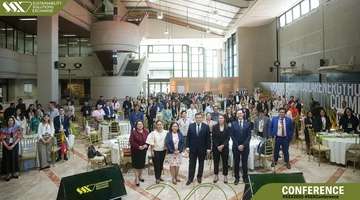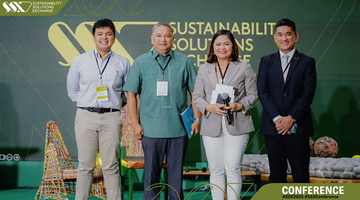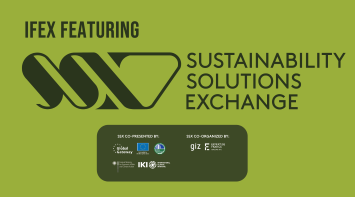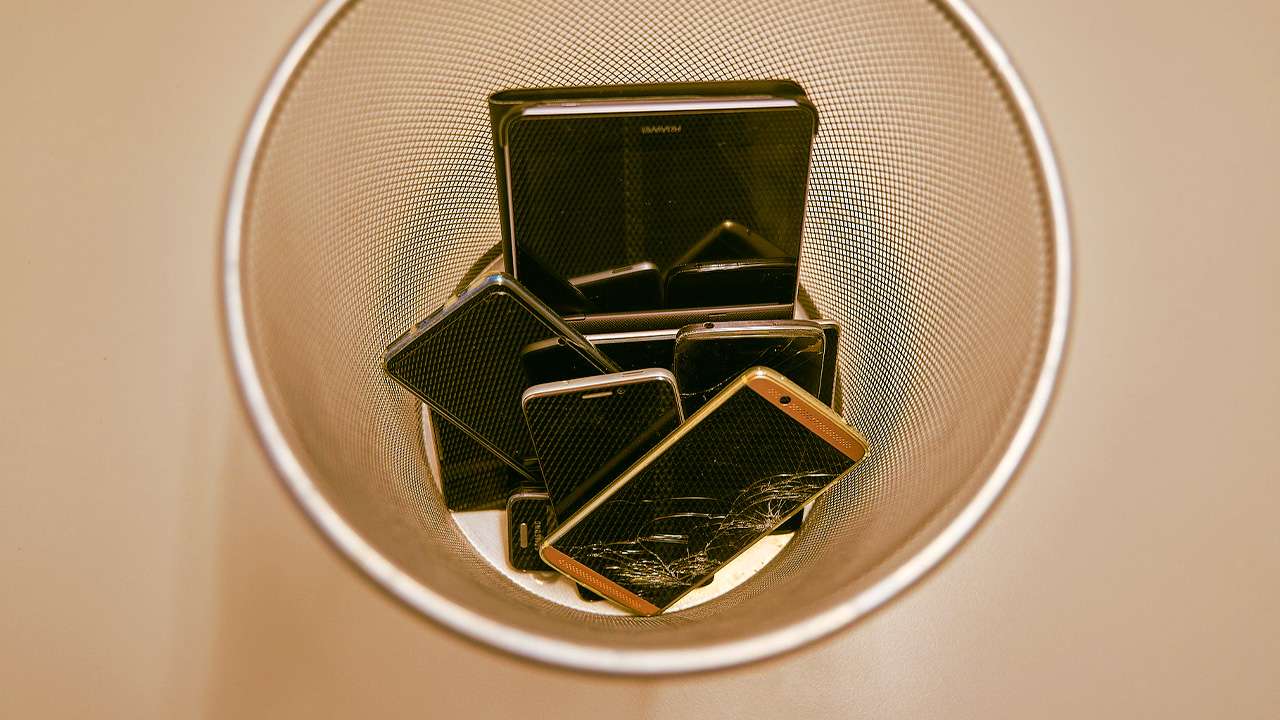POSTED Mar 22, 2022 - 05:55 PM
E-waste is the next sustainability crisis
While the framework for proper e-waste disposal is in place, the immediate dangers have not yet been addressed
This article was published via France24 (AFP)
Recovering precious elements from e-waste is a security imperative that should be written into law, according to a report that said it was "crucial" to ensure industry competitiveness and sustain tech-dependent lifestyles.
Circuit boards, magnets in disk drives and electric vehicles, batteries and fluorescent lamps are among items containing critical raw materials—including gold, silver, and cobalt—that could be recycled and reused, the research found.
While the report focused on European territories, e-waste is also an issue in the Philippines—albeit, a more immediate one.
E-waste in the Philippines
In 2019, the country produced 3.9 kilograms of e-waste per capita. Waste electrical and electronic equipment (WEEE) is now considered one of the fastest growing types of waste in the country.
Though a framework for the proper management and disposal of e-waste has been written into law through Republic Act 6969 or the Toxic Substances and Hazardous and Nuclear Waste Control Act, the Philippines still has no proper public e-waste management systems in place.
Without proper handling, the disposal of e-waste can become hazardous to the environment and the people living in the area. Improper disposal of e-waste can subject people to dangerous substances such as mercury, lead, brominated flame retardants, nickel, and polycyclic aromatic hydrocarbons (PAHs).
According to the World Health Organization, exposure to these substances may cause birth defects and neurological issues. Pulmonary conditions and cardiovascular diseases may also be an issue in the case of prolonged exposure.
Informal e-waste recycling operated by independent cooperatives is a reality in the country. In order to retrieve precious metals like gold and copper, people hunt for e-waste in dumpsites and extract what can be sold through dangerous methods like incineration, which can affect air quality.
According to the United Nations Industrial Development Organization, “These workers collect unwanted electrical and electronic equipment such as computers, TV-sets, fridges and cell phones from households or from sites where these items have been dumped. Organized in informal cooperatives and associations, the so-called waste pickers then dismantle the electronic items to salvage precious metals and other valuable parts that they can sell to recycling companies.”
The improper disposal of e-waste can also affect water supply and soil health, which may, in turn, affect human health.
Private companies like Globe have set up e-waste collection locations for proper disposal, but some of the venues are unavailable to the public. Those open to the public are located inside Globe branches within the Metro Manila area.
Lost for tomorrow
According to the United Nations, more than 50 million tons of electronic waste was discarded in 2019, with the vast majority ending up in landfills and scrap heaps.
With only 17 percent of electronic products recycled, the UN estimates that materials worth more than $55 billion are being wasted every year.
Meanwhile, more must be mined to make new products, sparking environmental and human rights fears.
Federico Magalini of Swiss-based sustainability consulting firm Sofies, another author of the CEWASTE report, said that these materials are often present in such tiny quantities in each individual item that they are overlooked.
For example, the report estimated that in 2025, discarded fluorescent lamps in Europe will contain 92 tons of critical raw materials.
Printed circuit boards in the region's e-waste could contain as much as 41 tons of silver and 10 tons of gold in 2025, it said.
These quantities would be roughly the same as the amount used to make new items, said Magalini.
And even when electronic products are recycled, some of these elements are not recovered, he added.
"What we lose today is lost even for tomorrow."
Read more

CITEM Market Sensing Mission to Taiwan to strengthen PH SDG competency
Making serious strides toward strengthening the country’s sustainability footprint, CITEM travels to... Learn More

EU, PH push for green solutions in food industry at Sustainability Solutions Exchange 2025
Aiming to develop a sustainable Philippine food industry, the European Union (EU) and the Department... Learn More

SSX Conference yields strategies for circular PH food industry
Transformative ideas took root at the Sustainability Solutions Exchange (SSX) Conference, where entr... Learn More

EU, PH aim to future-proof Philippine food industry at SSX 2025
In partnership with the European Union (EU), the Department of Trade and Industry’s Center for Inter... Learn More
